Sustainable Manufacturing with Industrial Robots
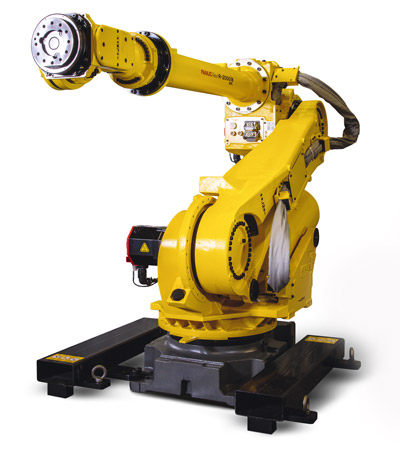
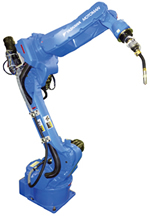
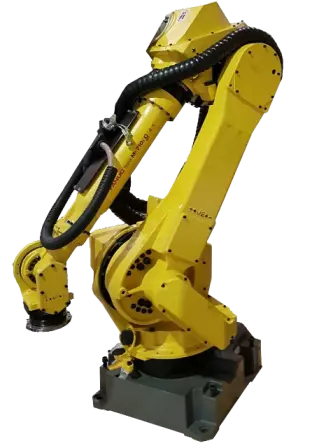
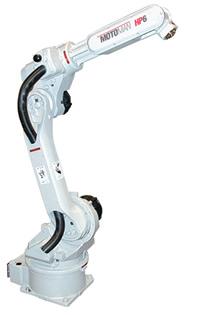
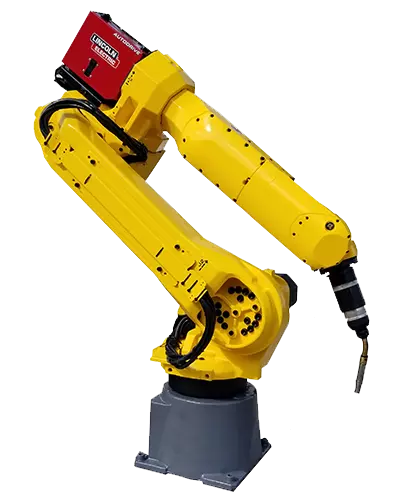
In recent years there has been a renewed push for sustainable manufacturing. Sustainable manufacturing is defined as the production of manufactured goods through economically-efficient processes while promoting the reduction of negative environmental impacts such as pollution and material waste. Sustainable manufacturing also involves the conservation of energy and the enhancement of employee and product safety. While there are many different means of achieving sustainable manufacturing, one source that may be surprising to some is industrial robots.
Many mistakenly associate industrial robots with high energy use and pollution but using robots can actually be good for the environment. Most companies choose to automate with robots to improve product quality, productivity, costs, and cycle times. However, now there is another reason for robotic automation and that is to achieve sustainable manufacturing. Implementing the FANUC Lr Mate 200id will improve operation efficiency and will have a positive impact on the environment. Below is a list of how robots contribute to sustainable manufacturing.
- • Less Energy Consumption - Industrial robots consume less energy than humans. They are capable of operating in dim lighting without air conditioning or heat. This significantly reduces the energy used during manufacturing. Many of today’s articulated robots are designed with energy-efficient properties for further energy savings. Some have reported energy savings between 15-30% through robotic automation. Robots make the most of their operation by reducing downtime, increasing throughput, and optimizing manufacturing overall which translates to energy savings.
- • Reduce Waste - Industrial robots have excellent first-run product quality, meaning they produce goods correctly with the first product cycle. Their accuracy and repeatability ensure they only use what is needed, preventing material waste. Touchups and rework are prevented through industrial robot automation. Deploying the Motoman MA1400 for welding automation eliminates errors that can cause scrapped parts and require additional resources.
- • Long Lasting - Six axis robots can be in operation for several years or even decades when properly maintained. The FANUC Arcmate 120ib is an older robot model that is still commonly found along production floors. The longevity of industrial robots means manufacturers will be less likely to have to buy new equipment every few years. This reduces the number of machines used and prevents the discarding of heavy manufacturing equipment.
- • Versatility - In addition to the long shelf life of robots, they are incredibly versatile with the ability to automate multiple applications. Robots can be repurposed should manufacturing processes change, unlike fixed machines. The FANUC M20ia can be deployed for robotic assembly or be used to automate material handling tasks. The multipurpose capabilities of robots reduce the amount of equipment manufacturers need and conserves their use for many years instead of being thrown out when changes are needed.
- • Limits Human Interaction - An important aspect of sustainable manufacturing is worker safety. Automating with robots removes workers from dangerous or hazardous tasks, improving the safety of your workforce. Workers can be moved to more comfortable and enjoyable positions while robots handle the tough jobs.
- • Reduces Carbon Emissions - Implementing industrial robots can help manufacturers reduce their carbon footprint. Robots are carbon-free and can replace many carbon emitting machines used for manufacturing.